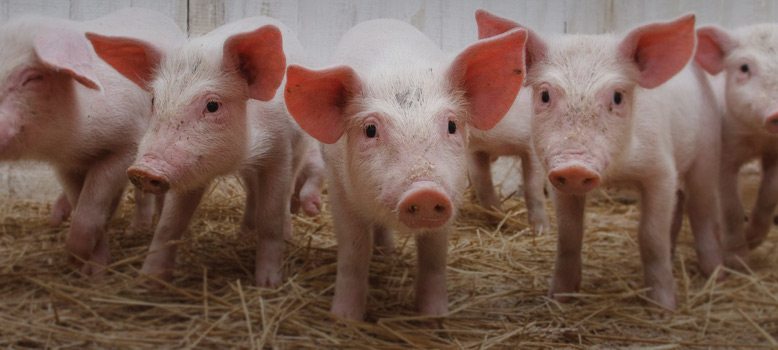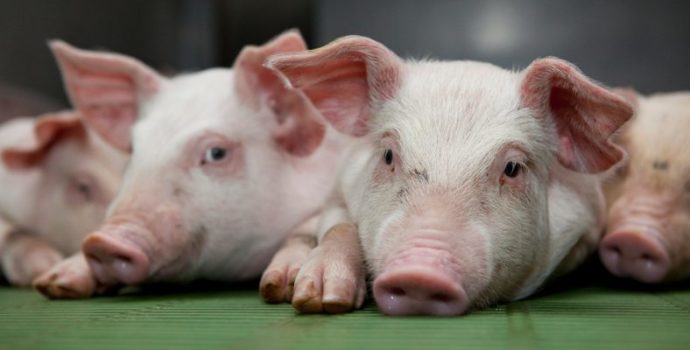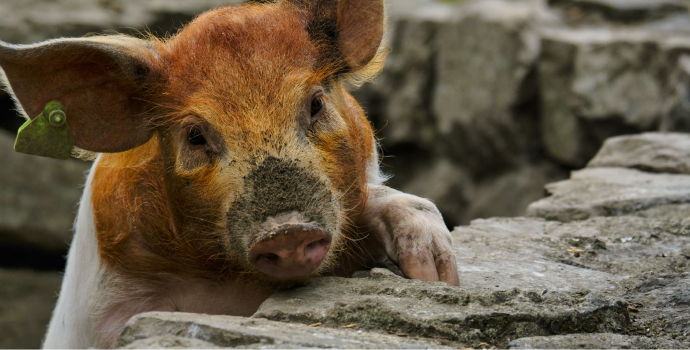Pigs Council Report July 2023

- Policy proposals for approval by National Council
N/A
- Market Report
When the last council report was submitted in May prices were as follows:
Rosderra €2.28 – 2.34c/kg
Kepak €2.28 –2.34c/kg
Dawn P&B €2.26 – 2.34c/kg
Staunton’s €2.24 – 2.30c/kg
Sows €1.70/kg
Today, as we come to the end of July 2023, producer prices have improved however there have been no official announced increases in pig price since May.
Rosderra €2.35 – 2.40c/kg
Kepak €2.35 –2.40c/kg
Dawn P&B €2.35 – 2.40c/kg
Staunton’s €2.34 – 2.38c/kg
Sows €1.75/kg
The IFA Pigs Committee led by Chairman, Roy Gallie, have been campaigning nationally to ensure an increase in the pig price, and are in engagements with factories, secondary processors, retailers, the foodservice sector and also within the channels of government procurement. The increases that can be observed in the pig price above have come from unofficial rises. The official ‘average’ Irish price quoted by Bord Bia as of the 9th of July was €2.23excluding VAT while we can observe higher prices above. The average European pig price for the Grade E carcass was quoted as €2.50/ kg dead weight for the sameweek. The total throughput for week ending 09/07/2023 was 58,798 as recorded by the Department of Agriculture, of which 1,902 were sows.
There was no change in pig prices on Friday last which is expected and needed by pig producers. The average Irish price is circa €2.36/kg. European prices increased also over the past number of weeks with a tightening in supply the main factor resulting in increased prices. Recent price increases across EU have brought MS up to prices including; Belgium at €2.37, France at €2.82, Germany €2.50, Netherlands at €2.34 and Spain at €2.63. German cull sow prices are circa €1.88/kg. The average price for a Grade E carcass for week 27 was €2.50/kg according to the European Commission. Live hog prices in China are circa 14.09RMB (€2.27/kg dw) which is back from its highs in July last year of 23RMB.
Pig supplies are back year to date in ROI by 11.5% year to date while live exports to the North of Ireland are back by 18%.
- Activity since last National Council
- IFA Pig Committee members have been engaging intensively with processors and secondary processors to ensure price increases are delivered to farm gate prices and in a timely manner.
- Ongoing engagement with department, Animal Health Ireland, Environmental Protection Agency, Meat Industry Ireland and Bord Bia.
- Ongoing work with the DNA scheme and testing in particular the foodservice sector as we work toward ensuring as much Irish product as possible is utilised on home soil.
- Meeting with retailers on specific issues relating to price, changes in production systems, sustainability and viability of the sector.
- Ongoing discussions with EPA on various issues including pig odour, LEAP online and IED.
- Circulation of IFA Pig farm worker employment survey to develop a submission for the Department of Enterprise Trade and Employment due to the shortage of labour in the sector.
- EU/COPA developments
- Last year the European Food Safety Authority released its recommendations for the welfare of pigs on farm. We are actively engaging with Copa-Cogeca to ensure that a strong position is held among farm organizations to lobby on these recommendations.
- End of cages – presentation of study’s conclusions. Copa-Cogeca have conducted an impact assessment on the end of cages and the potential impact associated with the change for agriculture and associated transition periods. Should this come into immediate effect by 2025, it is expected that circa 37% of pork meat would cease and 3% of EU egg production would cease.
- Ongoing engagement with Copa-Cogeca on proposed IED revised thresholds. On the 11th of July, The European Parliament voted as a large majority (367 votes in favour – 245 against) against any enlargement of scope of the Industrial Emissions Directive (IED) covering livestock farms. Nevertheless, MEPs have decided to retain certain provisions that could prove problematic in practice, including the aggregation rule. We will continue to lobby to retain our position as status quo.
- Upcoming issues
- A reduction in the use of imported pigmeat in the foodservice sector is something the committee are eager to work on and see improvements.
- Actively engaging and working to ensure fair price is being returned to producers.
- Engaging with Boar studs and Bord Bia on a Quality Assurance.
- Engaging with the EPA regarding various issues including emissions.
- Engaging with the Pig Health Check Implementation Group on the National Salmonella Control Programme and on the Biosecurity code of practice.



